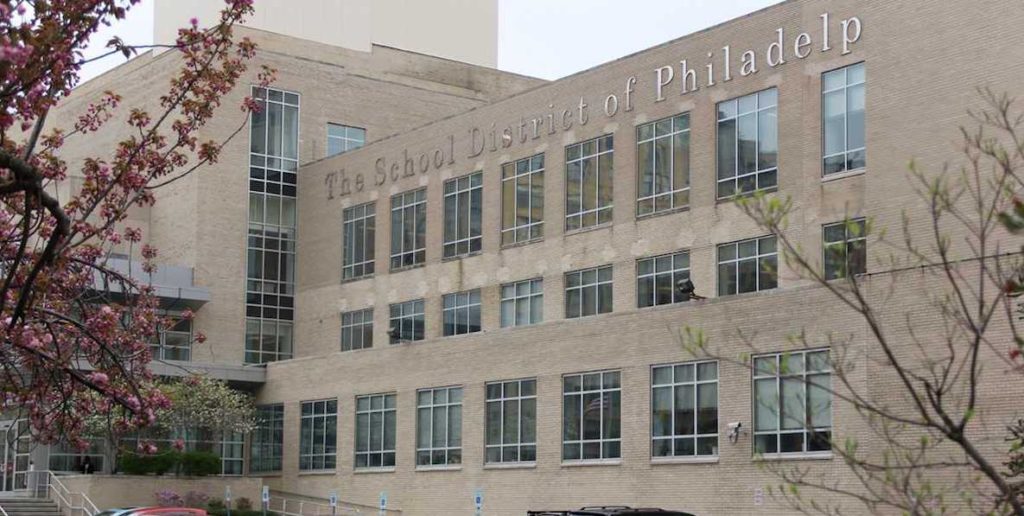Just at a time when the nation needs more and better education in citizenship, the Pennridge school board decreased the number of required social studies credits from four to three. According to reporting in the Inquirer, despite “impassioned opposition from teachers, students, and community members,” the Bucks County school board approved the credit reduction by a 5-4 vote. “Board member Megan Banis-Clemens said the social studies reduction would give students more flexibility in what courses they take, helping prepare them for different career or college paths,” the Inquirer reported.
In what universe does social studies not qualify as career and college preparation? At the December 5 school board meeting, teachers pointed out that in addition to the content value of social studies — historical perspective, government structures, international context — the subject teaches critical thinking — an essential career skill. And, let’s not forget that social studies includes teaching the U. S. Constitution and the Supreme Court decisions that have interpreted it — both essentially important to American citizenship.
Practical and constructive social studies education in history, civics, and international relations prepares students for full participation as voters and community leaders — a primary goal of democracy.
How did this misguided school board vote come about? We know that national right-wing groups are funding school board campaigns and that Pennsylvania — Bucks County in particular — is in their crosshairs. I wrote about this challenge one month ago.
Proponents of decreasing civic literacy can chalk up this Pennridge vote against social studies as an early win. It’s a cautionary tale for every citizen who lives in a region where school boards are elected.
In Philadelphia, where we don’t elect school board members — our mayor appoints our Board of Education; City Council approves members — our public schools have a pretty stellar record of teaching a full picture of social studies/history and giving students access to diverse books. (Philadelphians should attend Board of Ed meetings, however, to support increasing classroom resources and hiring — and fairly paying — our teachers and librarians.)
While teachers and librarians have key roles, school board members, no matter how they are selected, affect the lives of students, their families, and our future as much as anyone chosen for national office. We should all be aware of the values and principles of our school board members.
School board members who are committed to decreasing civic literacy, also do everything in their power to ban books. Pennsylvania — Bucks County in particular — has been targeted as a battleground state on issues of pedagogy, curriculum design, and book banning.
Why social studies is a target
The false rhetoric about indoctrination has seeped into airwaves, social media posts, and too many Americans’ minds. As I have written before, academic credibility requires that teachers do not try to convert students to their personal views. Students at all levels of education deserve frequent opportunities to study history and government, particularly through primary sources. The Library of Congress (LOC) makes amazing materials available. With the click of a key, students can see and evaluate photos, recordings, maps, letters, journals, and other original documents.
I call upon university teacher preparation programs to educate future teachers in the use of the Library of Congress resources. We protect social studies and citizenship preparation by designing curriculum with this fascinating material.
Supporting strong K-12 programs that prepare students for citizenship protects democracy.
Things we can do:
-
- Carefully study the qualifications of candidates running for and serving on your school board or board of education.
- Support school board members who understand that education in areas that don’t sound like jobs, social studies, for example, is preparation for careers, citizenship, and life.
- Support university education programs that prepare future teachers to use primary materials.
Elaine Maimon, Ph.D., is the author of Leading Academic Change: Vision, Strategy, Transformation. Her co-authored book, Writing In The Arts and Sciences, has been designated as a landmark text. She is a Distinguished Fellow of the Association for Writing Across the Curriculum. Follow @epmaimon on Twitter.

